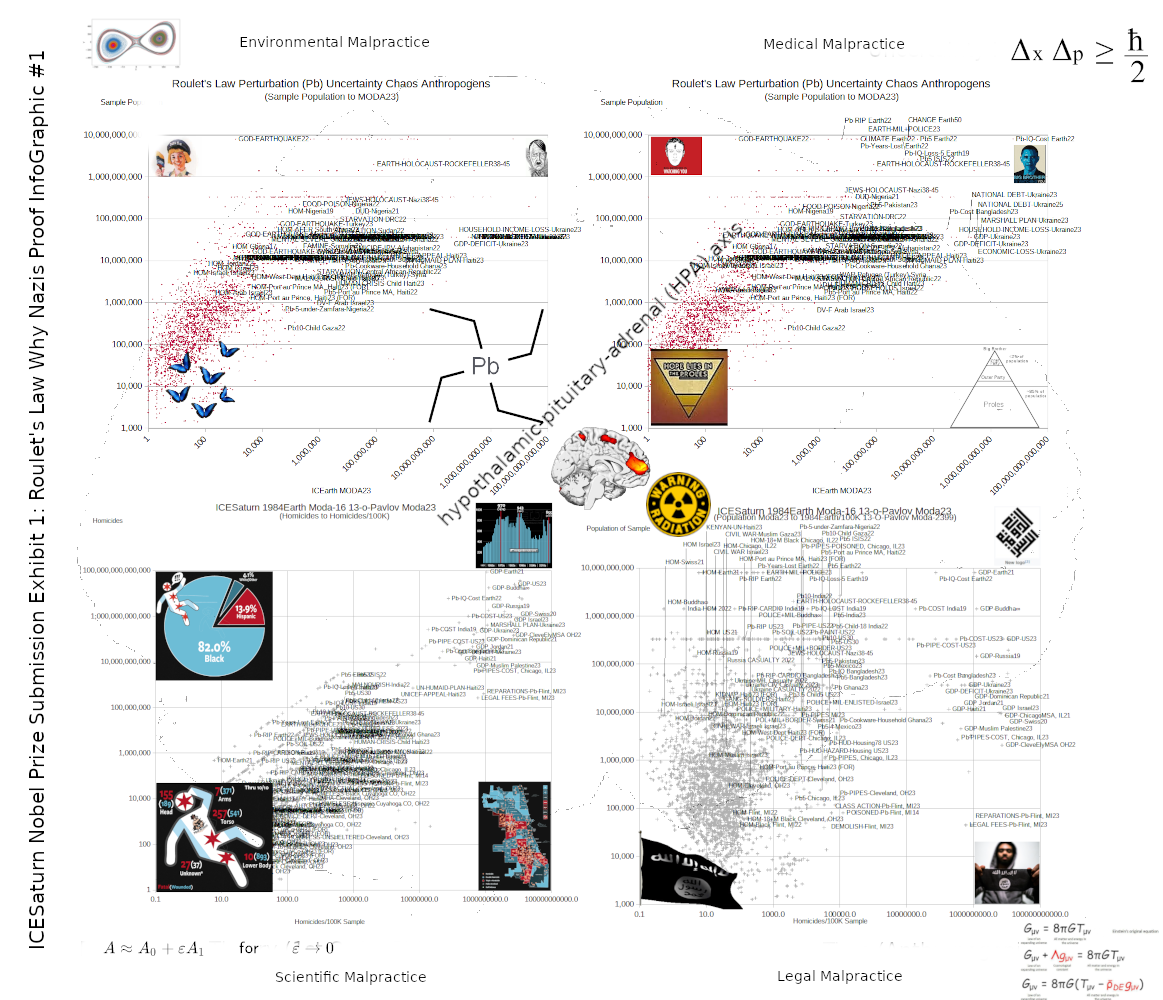
As recently highlighted by several leading global health organizations including the U.S. Agency for International Development (USAID), lead poisoning kills an estimated 1.5 million people each year, more than malaria and HIV combined. Most of these deaths, and the over 800 million children currently suffering from lead poisoning, are in low- and middle-income communities.
October 28, 2024 10:00 ET | Source: HOPO Therapeutics, Inc.
BERKELEY, Calif., Oct. 28, 2024 (GLOBE NEWSWIRE) -- HOPO Therapeutics, Inc. announced today that it has been awarded a contract valued at up to $226 million from the Biomedical Advanced Research and Development Authority (BARDA), part of the Administration for Strategic Preparedness and Response within the U.S. Department of Health and Human Services. The funds will be used to advance development of the drug candidate HOPO-101 through registrational studies as a medical countermeasure against radiological threats, including planned submission of a New Drug Application (NDA) to the U.S. Food and Drug Administration (FDA). The initial award of approximately $9.4 million will fund toxicology and pharmacology studies, manufacturing activities, and nonclinical research in other types of heavy metal poisoning, with approximately $216 million in additional funding available for later-stage development upon agreement between BARDA and HOPO. The ongoing Phase 1 clinical study of HOPO-101 (NCT05628961), as well as earlier nonclinical work, has been funded by the National Institute of Allergy and Infectious Diseases.
There are no approved oral therapies to treat individuals exposed to radioactive heavy metals like plutonium, americium, and curium. In the event of a radiological or nuclear disaster, treatment with a decorporation agent – a drug designed to bind and accelerate the clearance of heavy metals from the body – is the only practical means to mitigate the risk of radiation poisoning. HOPO Therapeutics is developing decorporation agents that can be taken orally, with the aim of providing rapid access to treatment for an exposed population.
This BARDA funding will also be used to study HOPO-101 as a possible treatment for lead poisoning. As recently highlighted by several leading global health organizations including the U.S. Agency for International Development (USAID), lead poisoning kills an estimated 1.5 million people each year, more than malaria and HIV combined. Most of these deaths, and the over 800 million children currently suffering from lead poisoning, are in low- and middle-income communities.
“We are thrilled to partner with BARDA on the development of a new oral decorporation agent for radiological threat preparedness,” said Dr. Julian Rees, HOPO’s Chief Executive Officer and co-founder. “We believe that HOPO-101 can fill an important gap in the world’s ability to respond to a nuclear or radiological disaster, a scenario made ever more likely by ongoing conflicts around the world, and that it could also help to address one of the most significant unmet needs in global health. Nonclinical studies indicate that HOPO-101 would be a substantial improvement over the existing standard of care, and we are delighted to have BARDA’s support in exploring its dual-use capability as both a medical countermeasure and a potential treatment for lead poisoning in adults and children.”
Funding for this award was received under contract through BARDA’s Broad Agency Announcement. This project has been supported in whole or in part with federal funds from the Department of Health and Human Services; Administration for Strategic Preparedness and Response; Biomedical Advanced Research and Development Authority (BARDA), under contract number 75A50124C00062.

Comments1
My guess is they have sequenced mutation by Pb radioactivity
My guess is they have sequenced mutation by Pb radioactivity they are not disclosing, which is my ultimate proof Why NaZis.